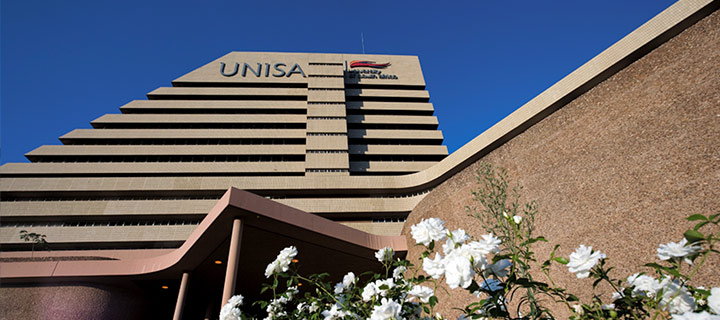Many individuals spend hundreds of hours working to obtain qualifications which will improve their prospects of finding employment. However, an increasing trend has emerged where individuals simply falsify qualifications to reap the benefits of a degree or diploma.

The University of Johannesburg (UJ) will make use of technology to protect the integrity of the qualification their graduates receive. This will also ensure that information on their graduate certificates cannot be altered.
Qualification certificates issued at UJ will contain a QR code. This technology will allow employers to verify the information on a degree certificate. This will also make it easier to identify when a degree certificate has been falsified.
Senior Director of Central Academic Administration at UJ Tinus van Zyl explained that their introduction of these mechanisms to ensure the validity of certificates was a concerning and urgent issue.
The university previously started improving the paper certificate controls which made it difficult for parties to replicate and alter the security features on the certificates. They followed this up by issuing certificates digitally that students could share and now the QR code can be scanned on the physical certificate to be verified.
Van Zyl says new technology has changed the way information is shared online and can be done in a very secure state. Members of the public can now verify qualifications without having to contact the university by simply scanning the QR code.
UJ’s Registrar, Prof Kinta Burger believes the additional security features ensure that UJ is protected from fraud while the integrity of their qualifications will also be protected. Once the QR code is scanned, a web page will open up with all the information on the certificate. This can be done on an ordinary smartphone.
It’s also important to note that the National Qualifications Framework Act makes it a criminal offence to claim you have a qualification you don’t have.

